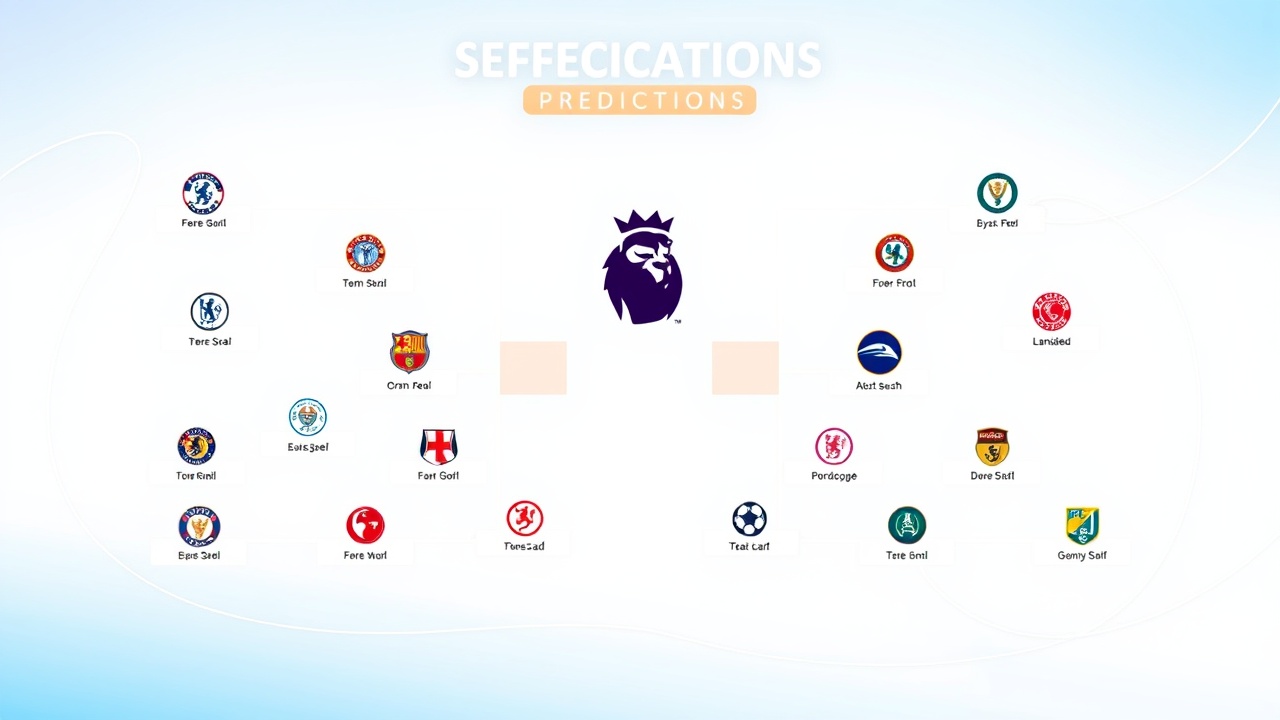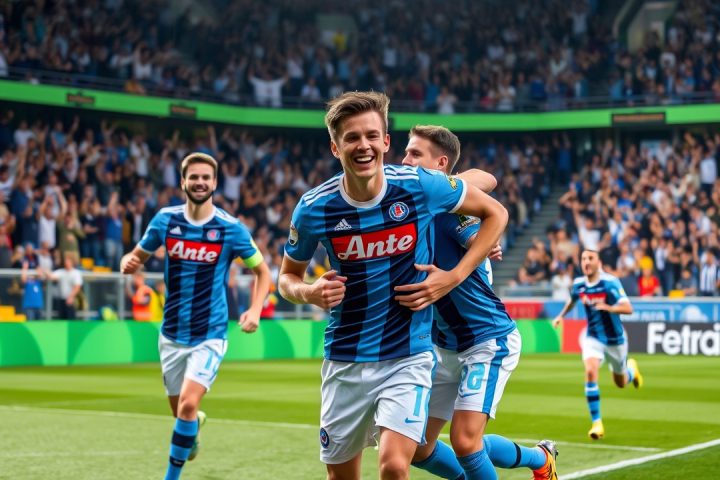Premier League Season Overview
As the Premier League season approaches the end of its first quarter, familiar patterns are emerging among the elite teams. Arsenal, Manchester City, and Liverpool occupy the top three positions in the standings, reaffirming pre-season expectations. However, beneath this dominant trio lies a landscape of unpredictability where several teams have underperformed or surprised, setting the stage for a riveting remainder of the season.
Team Performances
Manchester City started their campaign in a surprising slump, suffering two losses among their initial three games. In stark contrast, Liverpool initially enjoyed a promising five-match winning streak but subsequently faced a four-game losing streak, echoing their challenges from the previous season. Meanwhile, Bournemouth, having seen a significant portion of their defensive lineup depart for lucrative transfers, remarkably find themselves level on points with Liverpool. Newly promoted Sunderland, who just finished fourth in the Championship, shares the same point tally as well.
A startling statistic from the early season indicates that the gap in points between Arsenal at the top and City in second is identical to the distance between City and Brentford, currently ranked 12th. Among the relegation-threatened teams, West Ham, Nottingham Forest, and Wolves are yet to make their mark, collectively managing only three wins and resulting in four managerial changes across the league. In comparison, every other Premier League team has secured at least three wins, with all remaining managers still at their posts from the season’s outset.
Predictive Analysis
Traditionally, the 10-match mark serves as a benchmark for predicting future performance. Research suggests that the capabilities exhibited during this period often crystallize into clearer forecasts for the remainder of the season. Utilizing adjusted goal differential—a method that combines expected goals and actual goals—provides a significantly better predictive measure for subsequent performance than relying on raw goal statistics alone. Historically, a team starting with a neutral adjusted goal differential after ten matches tends to secure around 1.39 points per game for the remainder of the season. Each improvement in goal differential yields an increase of approximately 0.47 points per game.
Player wages also heavily influence team performance. Studies indicate that a 10% rise in a team’s player value correlates with an increase of approximately one and a half points in season total points. Thus, while individual performance metrics provide insights, the financial investment in players serves as an essential indicator of potential success.
Projected Outcomes
Based on the aforementioned data, here’s how the projected outcomes for the remaining matches stack up:
- Arsenal are expected to finish with a total of around 79 points, holding a projected 54.3 points from their remaining fixtures, reinforced by their significant market value and superior goal differential.
- Manchester City follows closely, with projections suggesting they will end with approximately 68.6 points, benefitting from their strong roster and reliance on key player Erling Haaland for goal contributions.
- Liverpool is forecasted to earn about 66.2 points, while navigating their ongoing inconsistencies but still possessing notable talent within their ranks.
- Chelsea is anticipated to complete the season with 65.1 points, despite fluctuations in performance due to red cards impacting their playing strength.
- Tottenham, surprisingly, is projected to accumulate 59.6 points, attributed to a combination of effective set pieces and an unchanged roster despite early doubts.
- Teams like Bournemouth and Palace might face stiff competition to break into the upper echelons, given their current point totals.
Relegation Battle
On the contrary, at the bottom of the table, teams like Wolves and Burnley are grappling with severe challenges. Remarkably, while Wolves maintain a better expected goals differential than their current standing reflects, they continue to struggle with point collection.
As the season unfolds, it remains to be seen how these predictions will manifest on the pitch, but early indicators suggest a race for top honors coupled with a fierce battle against relegation. The adaptive strategies of managers, the form of key players, and any impactful recruitment during the January transfer window shall undoubtedly play pivotal roles in shaping the Premier League narrative going forward.




